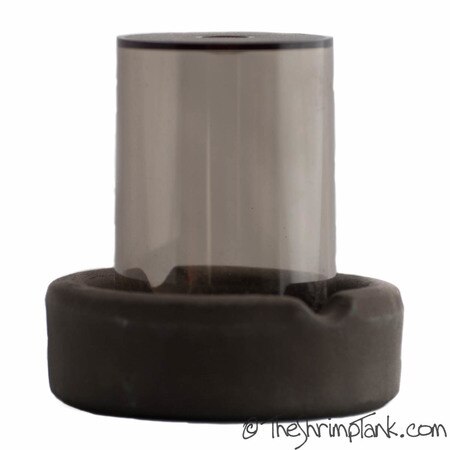Hello Everybody,
I’ve read before that oxygenation plays a role in coral growth. It seemed to have a positive impact at normal levels but reacted negatively at higher concentrations. I always assumed this to be the case with long term dosing. It most likely over-saturates the water and chokes out micro algae but over time can affect the zooxanthellae as well.
I’d like to know:
Would dosing over the counter 3% hydrogen peroxide help to achieve a better balance (assuming it is not 100%) in water oxidation?
What devices/techniques can be used to measure the saturation? I know there’s ORP probes but I am not sure how that equates to saturation.
Could the same results be achieved with water flow and/or a bubble skimmer?
For those who keep macro algae/algae scrubbers how can you tell the oxygen produced by the plants is/isn’t producing excess oxygen? You hear all the time that these are supper effective at pulling out nutrients but do they expel too much oxygen in their anaerobic process?
Just some shower thoughts.
Let me know what you think!
I’ve read before that oxygenation plays a role in coral growth. It seemed to have a positive impact at normal levels but reacted negatively at higher concentrations. I always assumed this to be the case with long term dosing. It most likely over-saturates the water and chokes out micro algae but over time can affect the zooxanthellae as well.
I’d like to know:
Would dosing over the counter 3% hydrogen peroxide help to achieve a better balance (assuming it is not 100%) in water oxidation?
What devices/techniques can be used to measure the saturation? I know there’s ORP probes but I am not sure how that equates to saturation.
Could the same results be achieved with water flow and/or a bubble skimmer?
For those who keep macro algae/algae scrubbers how can you tell the oxygen produced by the plants is/isn’t producing excess oxygen? You hear all the time that these are supper effective at pulling out nutrients but do they expel too much oxygen in their anaerobic process?
Just some shower thoughts.
Let me know what you think!




















